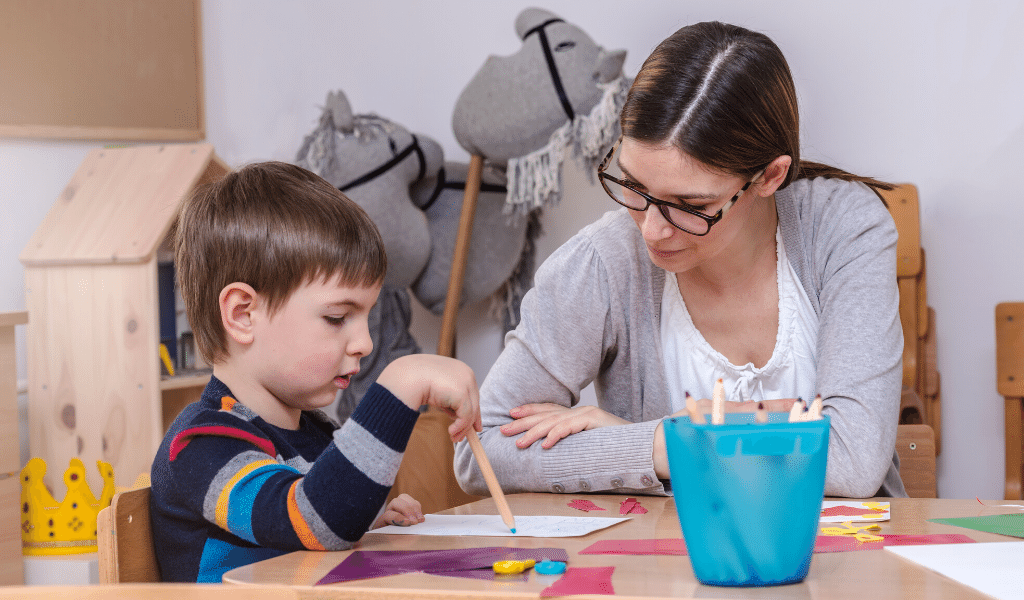Supporting children with special educational needs in the early years has always been important, but the Covid-19 pandemic has created a situation where children with SEND are now even more vulnerable than they were before.
Changes in access to early education and care have impacted preschool children in a number of ways – but particularly in terms of speech and language development, physical development, and social / emotional development. Much of the harm has been attributed to the lack of social interaction during lockdown periods.
Here’s a reminder of why it’s so important to keep your Continuing Professional Development (CPD) up-to-date when it comes to SEN…
Whether you work in England, Wales, Scotland or Northern Ireland, all settings are legally obliged in some way to identify and support, or take into account, each child’s special educational needs or additional learning needs.
And special educational needs can present in many different ways – from autism to speech and language difficulties to sensory needs. It’s your responsibility to know how to identify when a child might be presenting with some of these difficulties and to know what to do.
“The benefits of early identification are widely recognised – identifying need at the earliest point, and then making effective provision, improves long-term outcomes for children.”
It is so important in the early years that there is no delay in making any necessary special educational provision. Delay at this stage can give rise to learning difficulty and subsequently to frustration in learning, behaviour difficulties and a loss of self-esteem. As a practitioner, it’s your responsibility to ensure children’s needs are identified in a timely manner.

Getting children the specialist SEN support they need has always been a lengthy process, but with Covid-19, those waiting lists are getting even longer. Your role in supporting the child during this time with appropriate and targeted strategies is so important and could make all the difference to their learning and development.
Not only has the Covid-19 pandemic potentially increased the number of children with SEN, but whilst specialist SEN services focus on the children with the most complex and demanding needs, many children with ‘low levels’ of SEN are going under the radar. Your role in identifying and supporting these children where progress is slower than expected is so important in helping young children recover from the pandemic.
Only a few months ago, you might not have heard of the concept of neurodiversity – but our understanding of children’s brains and development is constantly evolving and moving on, and you’ll need to keep up with the science to understand how best to support children.
And oh yes, the powers-that-be always like to keep us on our toes with new frameworks and regulations. Are you aware of the latest national review, or most recent code of practice? Keeping your CPD up-to-date in relation to special educational needs should always be a key focus of your practice.

Kinderly Learn offers a range of practical resources that can help you support children with SEND, including: